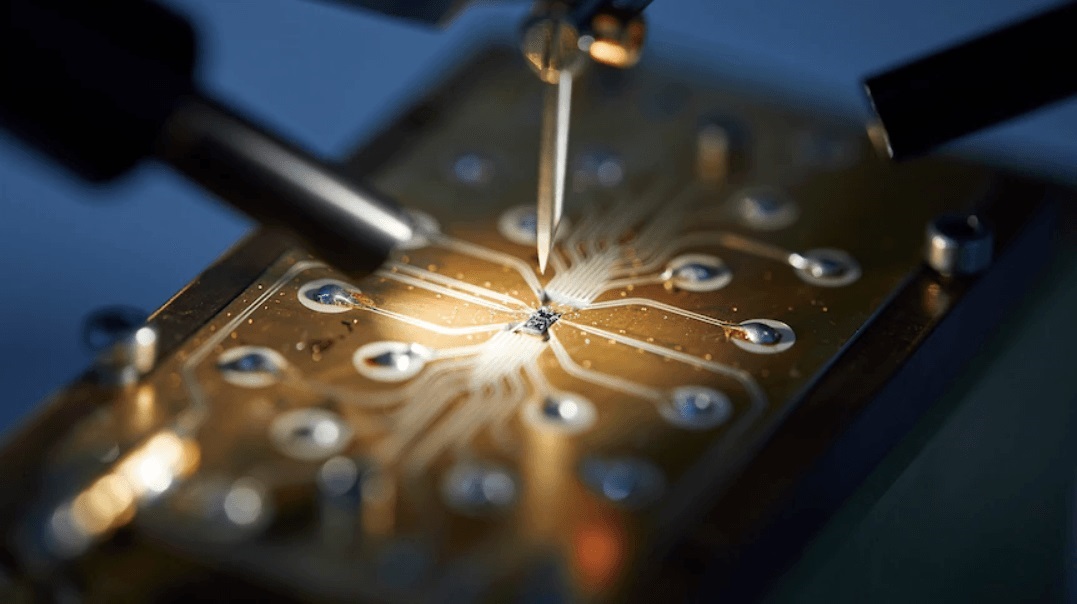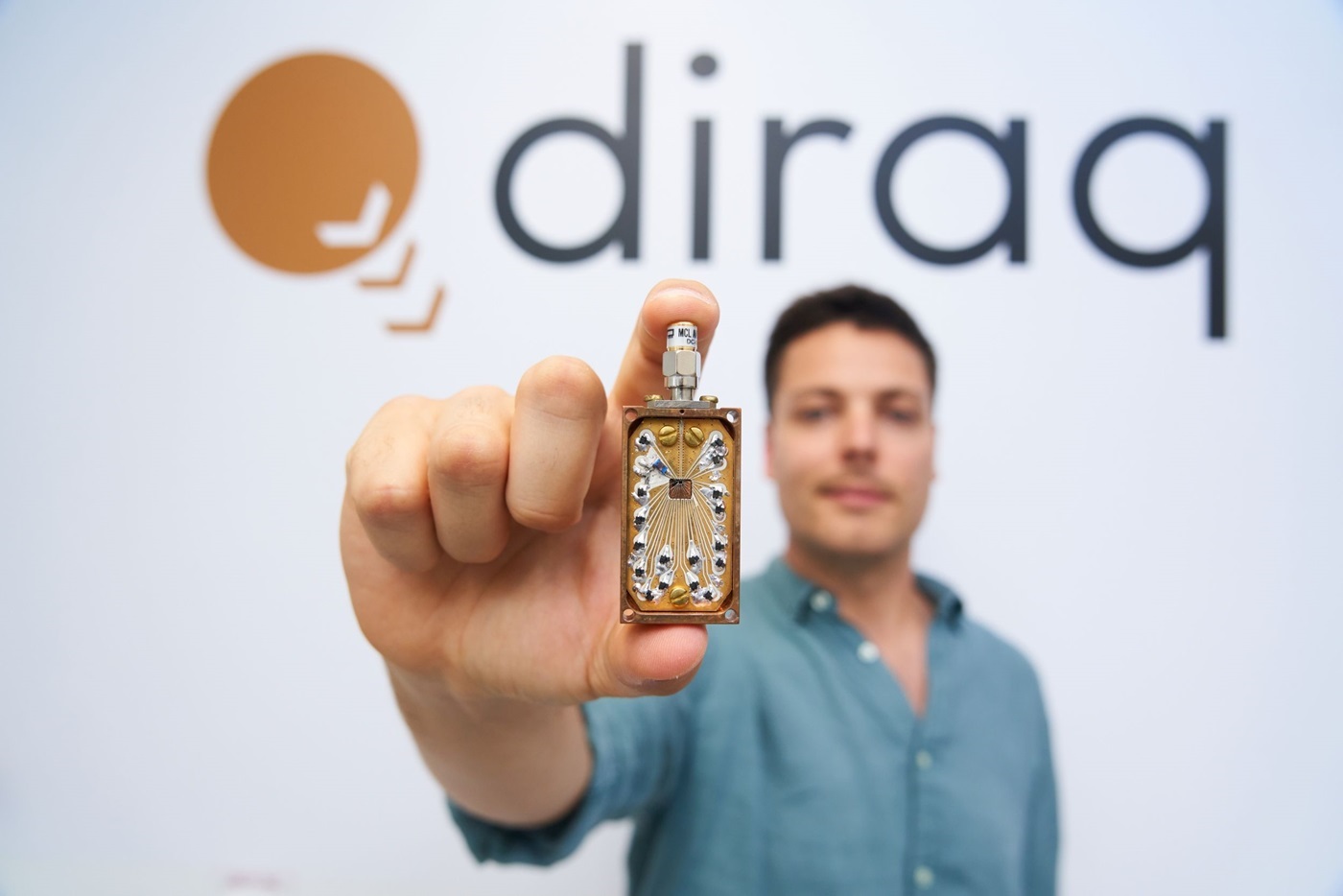SYDNEY, AUSTRALIA – AUGUST 20, 2024 – Diraq, a global leader in quantum computing based on silicon CMOS quantum dots continues to drive groundbreaking innovations in the field of scalable quantum computing.
Today, Team Diraq can announce we have successfully demonstrated consistent and repeatable operation with above 99% fidelity of two-qubit gates in the SiMOS (silicon metal-oxide-semiconductor) quantum dot platform.
Consistent performance is key to the underlying integrity and capability of multi-qubit systems, with reliability and consistency in high-fidelity entangling operations between qubits being the key to future sustainable quantum performance.
This also represents the first silicon-CMOS based platform to reach the significant 99% milestone for two-qubit logic. For Diraq, achieving this benchmark represents a crucial step towards the protection against errors in solid state qubits, paving the way for realising more reliable silicon-based quantum devices.
It sends a positive signal that solid-state qubits, such as Diraq's CMOS quantum dots, continue to demonstrate clear advantages, given their compatibility with the mass manufacturing techniques used for today’s silicon chips, promising scalability and cost-efficiency.
Commenting on the announcement Founder and CEO Andrew Dzurak said “Reaching this 99% two-qubit fidelity is a significant milestone in our technical program as it underpins the process for securing consistent and reliable performance in our SiMOS quantum dot qubits and further supports our core focus of scaling up our silicon spin-based qubits into full-scale fault tolerant quantum processors”.

Diraq chip on PCB. Photo credit: Diraq
Technical Breakthrough
The technical breakthrough is detailed in a study: Assessment of the errors of high-fidelity two-qubit gates in silicon quantum dots published in the journal Nature Physics.
The research led by Tuomo Tanttu and colleagues identified strategies for improving high-fidelity operations. The study yielded evidence for the systematic improvement of the robustness, consistency, and reliability of the entangling gate fidelities by employing a careful and considered implementation of gate recalibration combined with an informed choice of physical materials and pulse engineering.
The analysis included a review of error correction code performance: identifying the causes of qubit degradation and insights into their physical mechanisms, as well as demonstrating with multiple validation methods*, the operational parameters of statistical characteristics and temporal stability.
As part of this analysis, the team diligently focused on measuring sustained performance to underpin fault tolerant quantum processors, using three different characterisation methods*- verifying the consistency of our two-qubit gate operations by reproducing them in multiple devices.
Further, Team Diraq analysed the physical errors and fidelities in these devices through numerous trials and extended testing periods. This was to ensure we captured the variation and most common error types on pairs of qubits, including slow nuclear and electrical noise as well as contextual noise.
Identifying and understanding of the noise sources is important, as it supports our approach to maintaining performance within tolerance and informs future decisions regarding device manufacture.
As well as examining noise sources, Team Diraq also reviewed the impact of qubit design, feedback systems and robust gates – all critical elements that influence the reliable implementation of scalable, high-fidelity control strategies. One of the physical factors which influences the variability in qubit performance and degradation is due to the inevitable imperfections present in physical materials and components.
The research shines a light on opportunities for innovative control solutions that can developed to enhance the overall accuracy and efficiencies as we scale up silicon spin-based qubits into full-scale, error corrected quantum processors.
In summing up the impact of the research paper, Andrew Dzurak commented “What sets Diraq apart and reinforces Diraq’s leadership position in silicon quantum computing technologies is not only the depth of our scientific understanding, but the quality and rigour of our approach, combined with the technical excellence of our team.”
He continues – “It is only through the rigorous and comprehensive testing and analysis of our CMOS quantum dot qubits that we will reach our technical and performance milestones, and ultimately achieve a fully error-corrected quantum computing system ahead of our competitors.”





